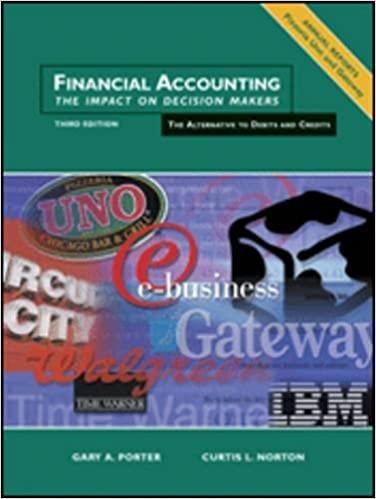Answered step by step
Verified Expert Solution
Question
1 Approved Answer
Saving for college. 1 You have graduated from Harvard and are working. What is your profession? How many years have you worked in your profession?
Saving for college.
1 You have graduated from Harvard and are working. What is your profession? How many years have you worked in your profession? What is your monthly pretax income at that point in your life? Do you have a spouse/partner who is contributing to the monthly pre-tax income? If so, how much are they contributing? You are saving to put your 2 children through college. How old are they now? What will their ages be when they enter college? What will tuition be then? Public college or private college? You plan to put away a fixed amount of money each month from now until they graduate. How much can you afford to save each month? In what type of account will you invest your money (CD, money market, savings account, bond mutual fund, stock mutual fund, 529, etc.)? What interest rate can your money earn? One question should be to determine how much you need to save each month now.
Buying a house scenario
2. You have graduated from Harvard and are working. What is your profession? How many years have you worked in your profession? What is your monthly pretax income at that point in your life? Do you have a spouse/partner who is contributing to the monthly pre-tax income? If so, how much are they contributing? You hope to buy a house/new house, and you know how much you can afford for a mortgage. How much can you afford each month? How much have you saved for a downpayment? What will be the downpayment? What is the interest rate on the mortgage? How many years mortgage will you take? To account for taxes and insurance, assume 5% of your payment does not go to the mortgage (i.e. work with 95% of what you can afford). For your total closing cost, assume it is 4% of your mortgage amount. One question should be to determine the purchase price of the home you can afford on that payment.
What you type up should only be the homework problems and not the solutions. However, when you create your homework problems, make sure that you include all the information necessary to solve the problem. You need to use realistic numbers in your problems, which is why you have to do research to find those numbers. You should use
complete sentences and proofread your problems to check for any typos or misspellings.
The written solution: individual
Pick one of the two problems you created to then solve completely (all parts). The written solution for your problem should be thorough and show all the steps to the solution. It should include the following:
1. State the complete problem you are going to solve.
2. Specify what formula(s) you need to use for each question you are going to answer on your problem. State the name of the formula and also write it out.
3. For each formula you use, state all the known values of the variables in the formula.
4. Set up the formula with all the numbers inserted.
5. Show the calculation details, including an answer with more decimals than you will actually need in your final answer. This will show how you rounded your final answer.
6. State the final solution, including units.
7. source (s) used for this problem and link
Step by Step Solution
There are 3 Steps involved in it
Step: 1

Get Instant Access to Expert-Tailored Solutions
See step-by-step solutions with expert insights and AI powered tools for academic success
Step: 2

Step: 3

Ace Your Homework with AI
Get the answers you need in no time with our AI-driven, step-by-step assistance
Get Started


